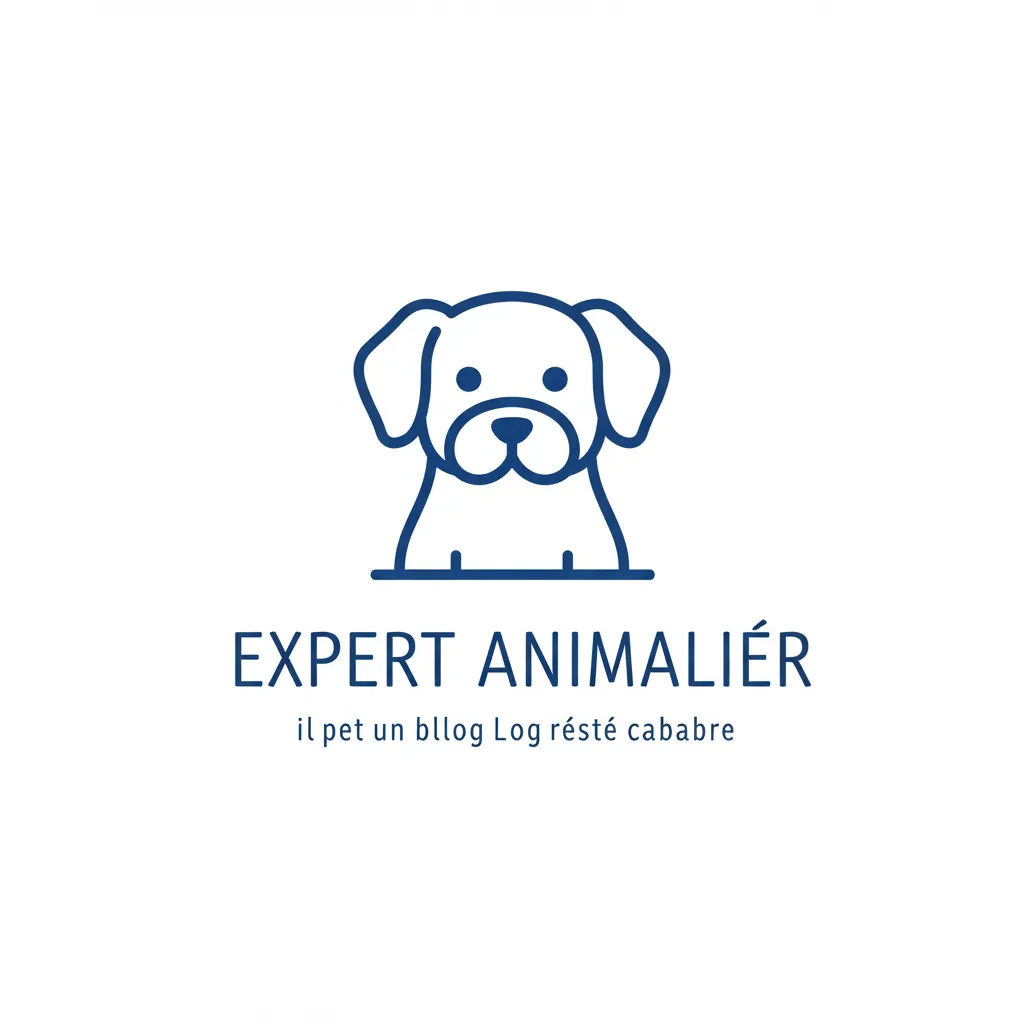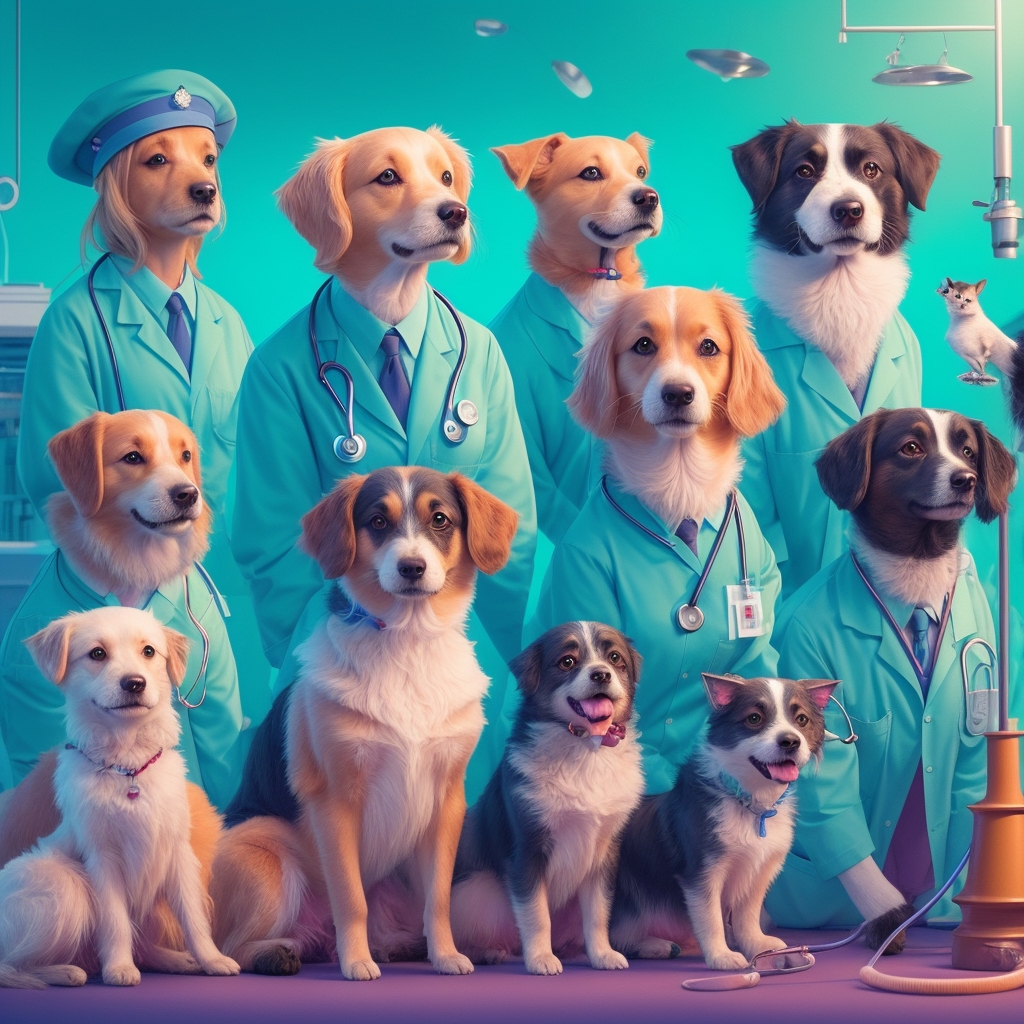Our dogs’ health is a priority that often hinges on a balanced and appropriate diet. However, numerous dietary mistakes can lead to health issues, including hair loss. This phenomenon, often concerning for owners, can be a sign of a deficiency or an unsuitable diet. In this article, we’ll explore common dietary errors that can cause hair loss in dogs and provide practical advice to help you avoid these pitfalls.
Common Dietary Mistakes
Lack of Protein
Proteins are essential for healthy skin and hair growth. A diet poor in protein can weaken your dog’s coat, making it more prone to shedding. Proteins also provide the necessary amino acids for the production of keratin, a key component of hair. Without sufficient protein, hair can become brittle and fall out easily.
Deficiencies in Essential Fatty Acids
Omega-3 and omega-6 fatty acids play a crucial role in maintaining healthy skin and a shiny coat. A deficiency in these nutrients can lead to dry skin, itching, and hair loss. Dietary mistakes such as the absence of fatty fish (like salmon) or oils rich in omega-3 (like flaxseed oil) can significantly impact your dog’s coat health.
Insufficient Intake of Vitamins and Minerals
Vitamins A, E, and minerals like zinc are essential for a healthy coat. An imbalanced diet lacking these crucial micronutrients can lead to skin problems and hair loss. For example, Vitamin A is vital for cell regeneration, and zinc aids in the repair of skin tissues and supports the immune system.
Food Allergies
Food allergies can trigger skin reactions, leading to intense itching and subsequent hair loss from scratching or inflammation. Common ingredients such as beef, chicken, dairy, soy, or wheat can be potential allergens. Identifying and eliminating these allergens from your dog’s diet can prevent hair loss and improve overall skin comfort.
Concrete Examples and Use Cases
Consider a dog experiencing significant hair loss, whose diet primarily consists of inexpensive, generic kibble. These types of foods are often low in high-quality proteins and lack essential fatty acids. By transitioning the dog’s diet to include protein sources like salmon or duck, along with omega-3 supplements, a significant improvement in their coat health can often be observed within weeks.
Another scenario involves a dog exhibiting allergic reactions to specific ingredients. After allergy testing, it was discovered that gluten was the culprit. By switching to a gluten-free diet, the dog’s skin calmed down, and the hair loss decreased dramatically, highlighting the importance of identifying and removing specific allergens.
Key Points and Best Practices
- Balance the Diet: Ensure your dog’s diet is rich in high-quality proteins and essential fatty acids. For tailored recommendations, always consult a veterinarian or a certified pet nutritionist.
- Read Labels Carefully: Pay close attention to the ingredients in dog food. Avoid foods containing vague “meat by-products” or excessive, unnecessary fillers like corn or soy, especially if your dog has sensitivities.
- Test for Allergies: If you suspect food allergies, consult a veterinarian to perform allergy tests. This can help pinpoint specific allergens, allowing you to adjust your dog’s diet accordingly and prevent future reactions.
- Consider Supplementation: In some cases, vitamin and mineral supplements may be necessary to correct dietary deficiencies that impact coat health. However, always do so under veterinary guidance to avoid over-supplementation.
FAQ
1. How can I tell if my dog’s hair loss is due to diet?
Hair loss due to diet is usually accompanied by other symptoms such as itching, dry skin, redness, or dullness of the coat. A veterinary examination is recommended to rule out other causes and confirm a dietary origin.
2. What foods should I avoid to prevent hair loss in my dog?
Avoid foods containing common allergens like wheat, corn, or soy if your dog shows sensitivity. Opt for foods rich in high-quality proteins and essential fatty acids, and prioritize whole, identifiable ingredients.
3. Can supplements help reduce hair loss?
Yes, supplements like omega-3 and omega-6 fatty acids (e.g., fish oil), as well as vitamins like biotin, can help improve your dog’s coat health. Always consult a veterinarian before adding any supplements to your dog’s diet.
4. My dog only sheds hair in the summer. Is it related to their diet?
Seasonal shedding is common in dogs and may not be directly related to diet. However, if the hair loss is excessive or accompanied by other symptoms, a dietary evaluation is advisable to ensure their nutritional needs are met for seasonal changes.
5. What’s the best protein source to prevent hair loss?
Fatty fish like salmon or herring are excellent protein sources rich in omega-3s, which are highly beneficial for the coat. Duck and lamb are also good hypoallergenic alternatives that provide high-quality protein.
Conclusion
An adequate diet is crucial for your dog’s overall health and the condition of their coat. Avoiding common dietary mistakes, such as a lack of quality proteins, essential fats, or micronutrients, can prevent hair loss and significantly improve your pet’s well-being. Regular consultations with a veterinarian and a keen eye on the quality of their food can make all the difference in the health and radiance of your furry companion’s coat.
What specific dietary changes are you considering for your dog to support their coat health?







